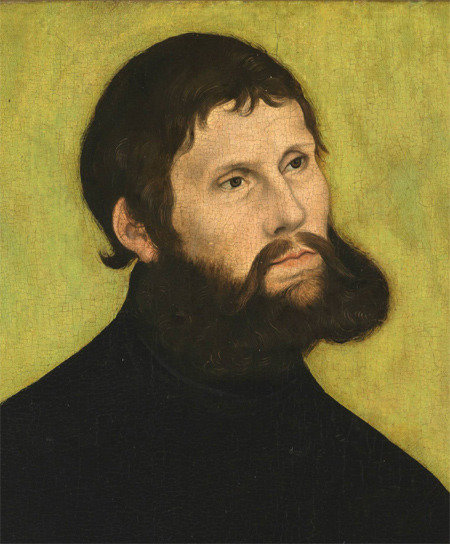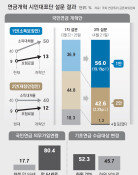Luther’s silent preparation for Protestant Reformation
Luther’s silent preparation for Protestant Reformation
Posted November. 26, 2016 07:20,
Updated November. 26, 2016 08:40

“Luther’s Patmos,” ironically, does not unfold some dramatic stories of his condemnation of the Catholic Church. The setting of this true-story-based book is the Wartburg Castle near Eisenach in Germany where Luther hid from April 1521 through March 1522. It follows a story of Luther who received a letter of excommunication and delivered his statements at the Diet of Worms.
Patmos is the island where the Apostle John was banished by the Roman Emperor and completed the Book of Revelation.” Luther described the Wartburg Castle as “my Patmos,” and he started to ask himself very basic principles of his religion while staying at the Wartburg Castle. At a time when people spent money to build better and bigger church, enjoy grand banquet and trade church offices and roles, Luther tried to go back to the basics of faith.
The author added extra details to Luther’s stay in the Wartburg Castle, describing Luther's suffer from loneliness and isolation and some moments when his faith became weakened. It seems that Luther’s profile remained remarkably low during his stay in the Wartburg Castle. On the other hand, to the author’s eye, this became the most creative period of Luther’s life. Luther exchanged letters with his friends and pondered over his direction of reformation. He left a variety of different writings including letters, sermons and theses. He also translated the Bible into German for the general public. His achievements during his stay in the Wartburg Castle and continued endeavors for the Protestant Reformation leave a valuable message to us about change and reform of our society. It is true that his lessons are still alive and valid.
Jee-Young Kim kimjy@donga.com







